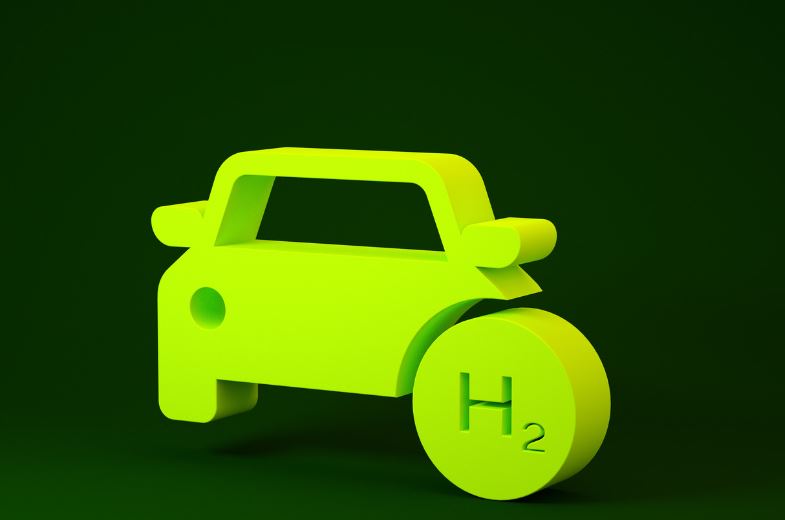Recent initiatives by car manufacturers underscore the renewed interest in utilizing hydrogen as fuel. However, realizing the vision of a hydrogen-powered future requires robust infrastructure and investment from diversified businesses, especially those in North Asia.
The most viable approach to harnessing hydrogen involves storing the gas in tanks and utilizing it in fuel cells, where it combines with oxygen to produce electricity, with water as the only byproduct. This technology, seen in fuel-cell electric vehicles, has gained traction, particularly with the shift towards green hydrogen production using electrolyzers powered by renewable energy sources.
Traditional oil suppliers and car manufacturers, particularly in the US, have been hesitant to embrace hydrogen due to the nascent market and existing challenges in electric vehicle (EV) adoption. However, Asian conglomerates like Hyundai, Honda, and Toyota are positioning themselves as leaders in the hydrogen ecosystem. Leveraging their diversified portfolios, they aim to establish end-to-end solutions for hydrogen production, storage, and transportation.
Hyundai, with its extensive business empire, is spearheading efforts to build the entire fuel-cell supply chain, from production to logistics. Pilot projects in South Korea demonstrate the feasibility of converting organic waste into hydrogen for local refueling. Similarly, Honda is leveraging its industry reach to develop both fuel-cell vehicles and the necessary infrastructure.
